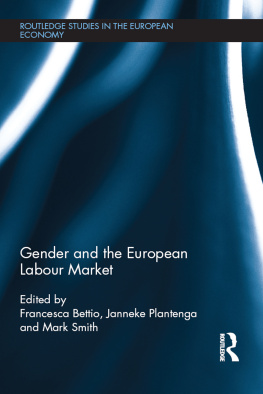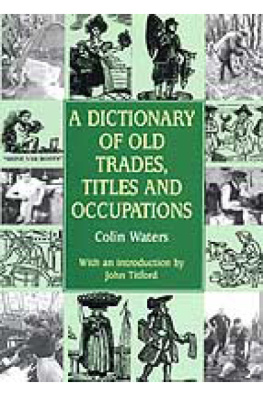Gabriele Griffin - Doing Womens Studies: Employment Opportunities, Personal Impacts and Social Consequences
Here you can read online Gabriele Griffin - Doing Womens Studies: Employment Opportunities, Personal Impacts and Social Consequences full text of the book (entire story) in english for free. Download pdf and epub, get meaning, cover and reviews about this ebook. year: 2005, publisher: Zed Books, genre: Politics. Description of the work, (preface) as well as reviews are available. Best literature library LitArk.com created for fans of good reading and offers a wide selection of genres:
Romance novel
Science fiction
Adventure
Detective
Science
History
Home and family
Prose
Art
Politics
Computer
Non-fiction
Religion
Business
Children
Humor
Choose a favorite category and find really read worthwhile books. Enjoy immersion in the world of imagination, feel the emotions of the characters or learn something new for yourself, make an fascinating discovery.

- Book:Doing Womens Studies: Employment Opportunities, Personal Impacts and Social Consequences
- Author:
- Publisher:Zed Books
- Genre:
- Year:2005
- Rating:4 / 5
- Favourites:Add to favourites
- Your mark:
Doing Womens Studies: Employment Opportunities, Personal Impacts and Social Consequences: summary, description and annotation
We offer to read an annotation, description, summary or preface (depends on what the author of the book "Doing Womens Studies: Employment Opportunities, Personal Impacts and Social Consequences" wrote himself). If you haven't found the necessary information about the book — write in the comments, we will try to find it.
With the expansion of the EU in 2004 and its inclusion now of 25 European countries, the movement of workers across the Continent will affect the employment opportunities of women. But as this up-to-date investigation across nine countries shows, there remain significant differences amongst specific European countries regarding womens education and employment opportunities. Taking 1945 as its historical starting point, this sociological study, based on some 900 questionnaire responses and more than 300 in-depth interviews, explores the complex inter-relationship between womens employment, the institutionalization of equal opportunities, and Womens Studies training.
This volume is the first to explore what happens to women who have undertaken Womens Studies training in the labour market. Factors influencing their actual employment experiences include employment opportunities for women in each country, their expectations of the labour market and gender norms informing those expectations, how far equal opportunities are actually enforced and the strength of local womens movements.
Doing Womens Studies provides unique information about, and insightful analyses of, the changing patterns of womens employment in Europe; equal opportunities in a cross-European perspective; educational migration; gender, race, ethnicity and nationality; and the uneven prevalence and impact of Womens Studies on the lifestyles and everyday practices of those women who have experienced it. The contributors are prominent feminist researchers from nine European countries. Their findings will be of interest to sociologists and gender studies experts working in the areas of gender, employment, equal opportunities and the impact of education on employment.
Gabriele Griffin: author's other books
Who wrote Doing Womens Studies: Employment Opportunities, Personal Impacts and Social Consequences? Find out the surname, the name of the author of the book and a list of all author's works by series.







